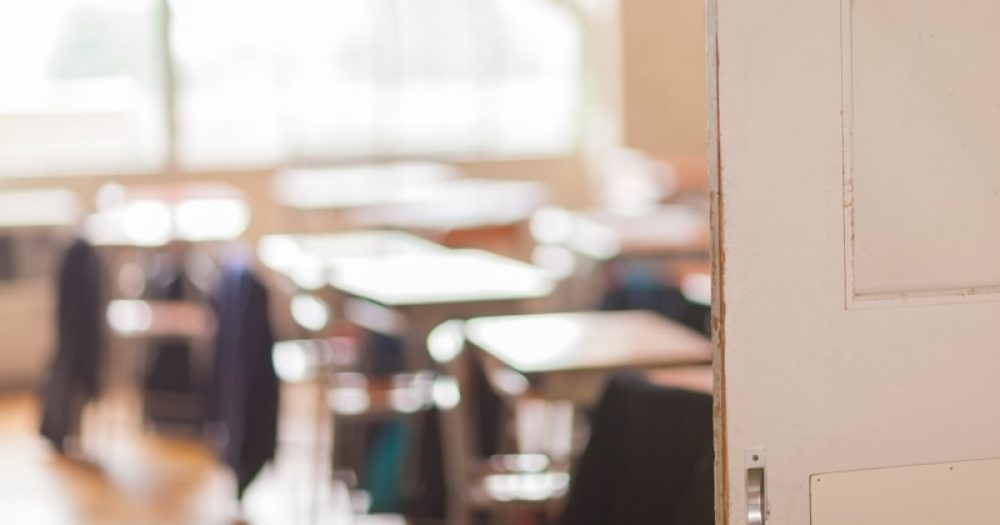The government is facing a potential judicial review over “confusing” guidance about the use of isolation booths in schools, after one pupil reportedly made a suicide attempt while in one.
Lawyers have delivered a pre-action letter to the Department for Education demanding it review the guidance, and particularly consider the impact of isolation on pupils with additional needs.
If the DfE does not respond satisfactorily to Simpson Millar – the law firm representing two families in the case – the lawyers will launch a judicial review against the department.
It comes after the same law firm launched legal action against Outwood Grange Academies Trust in December for a pupil who had spent up to 35 days in isolation – a case which has now been dropped after the trust promised to review its behaviour policy, according to the Guardian.
The issue of isolation booths has received increased attention in education circles this year, following a Schools Week investigation which revealed two-thirds of the largest academy trusts use isolation, sometimes for up to a week and including primary school pupils.
Lawyers are now representing the family of a girl from Kent with autism and a boy from Nottinghamshire with ADHD, both of whom have mental health issues and have been placed in isolation for extended periods, according to a press release from Simpson Millar.
What was originally a method for dealing with an immediate crisis is now being used as a low cost solution for the long-term management of pupils
The girl, whose school cannot be named, made an attempt on her life after being put in an isolation booth for more than a month. Meanwhile the boy would be placed in isolation as a sanction for “failing” the isolation room, according to the Guardian.
Government guidance states “schools can adopt a policy which allows disruptive pupils to be placed in an area away from other pupils for a limited period”.
Schools should “ensure that pupils are kept in seclusion or isolation no longer than is necessary and that their time spent there is used as constructively as possible”.
But Dan Rosenberg, education solicitor at Simpson Millar, said the government’s guidance needs to be “much clearer” because of growing evidence isolation rooms were being used as a “dumping ground” for pupils, particularly those with special educational needs.
“What was originally a method for dealing with an immediate crisis in a classroom is now being used as a low cost solution for the long-term management of pupils, to the detriment of their mental health and education”.
The DfE has 14 days to respond to the letter.
A DfE spokesperson said: “We are considering the letter carefully. It would be inappropriate to comment further at this stage”.








Your thoughts